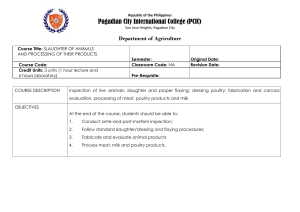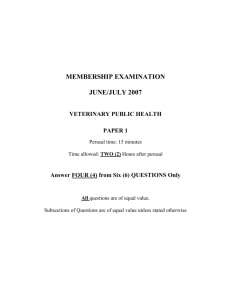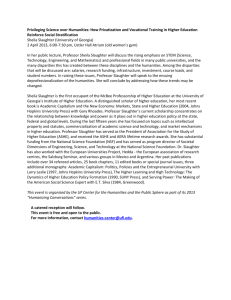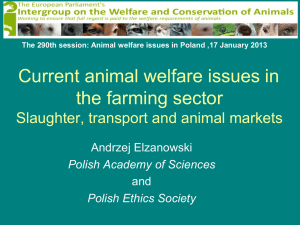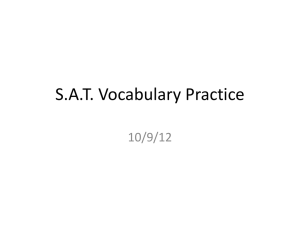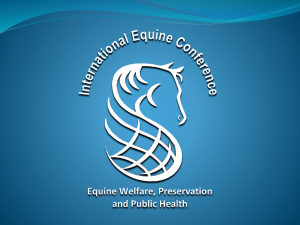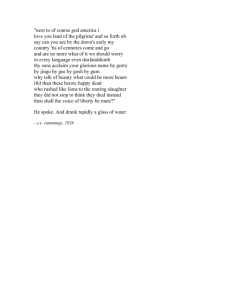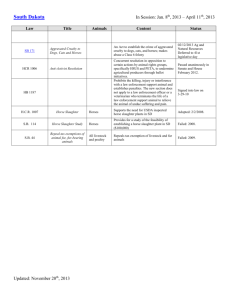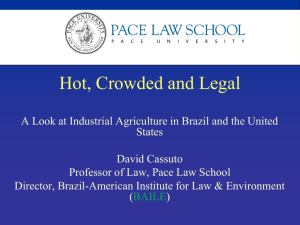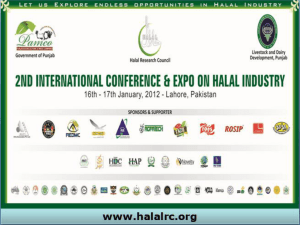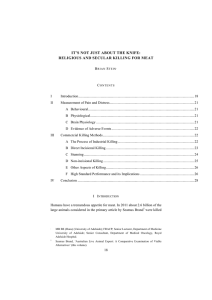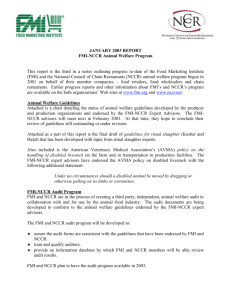FINAL-LETTER-RUDD
advertisement
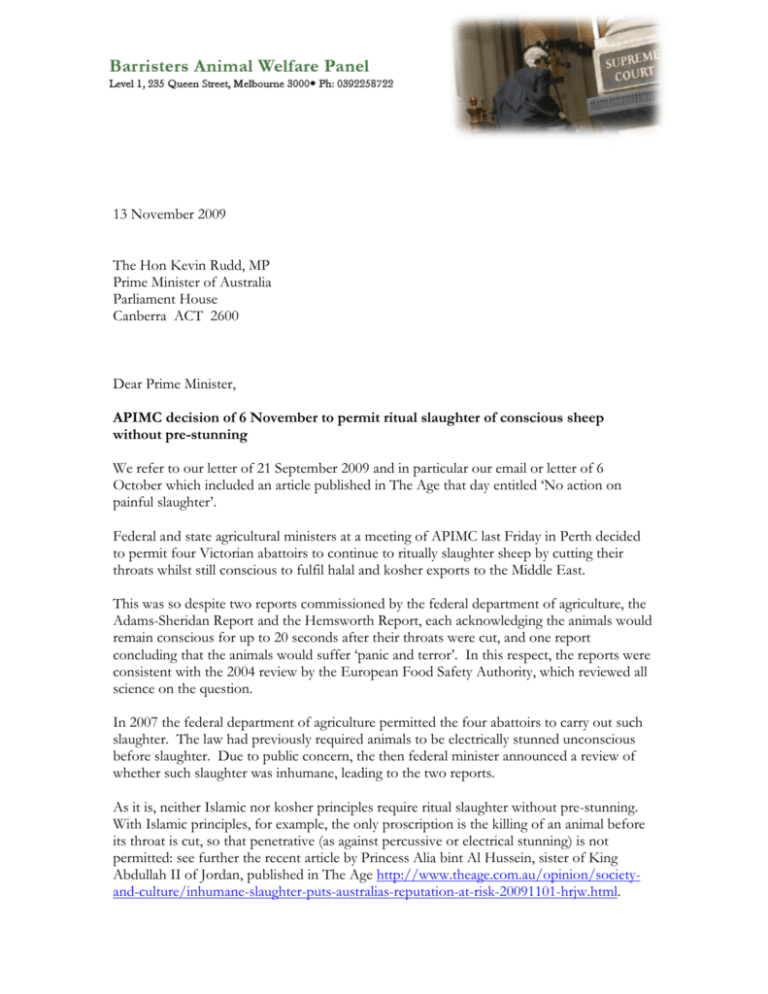
13 November 2009 The Hon Kevin Rudd, MP Prime Minister of Australia Parliament House Canberra ACT 2600 Dear Prime Minister, APIMC decision of 6 November to permit ritual slaughter of conscious sheep without pre-stunning We refer to our letter of 21 September 2009 and in particular our email or letter of 6 October which included an article published in The Age that day entitled ‘No action on painful slaughter’. Federal and state agricultural ministers at a meeting of APIMC last Friday in Perth decided to permit four Victorian abattoirs to continue to ritually slaughter sheep by cutting their throats whilst still conscious to fulfil halal and kosher exports to the Middle East. This was so despite two reports commissioned by the federal department of agriculture, the Adams-Sheridan Report and the Hemsworth Report, each acknowledging the animals would remain conscious for up to 20 seconds after their throats were cut, and one report concluding that the animals would suffer ‘panic and terror’. In this respect, the reports were consistent with the 2004 review by the European Food Safety Authority, which reviewed all science on the question. In 2007 the federal department of agriculture permitted the four abattoirs to carry out such slaughter. The law had previously required animals to be electrically stunned unconscious before slaughter. Due to public concern, the then federal minister announced a review of whether such slaughter was inhumane, leading to the two reports. As it is, neither Islamic nor kosher principles require ritual slaughter without pre-stunning. With Islamic principles, for example, the only proscription is the killing of an animal before its throat is cut, so that penetrative (as against percussive or electrical stunning) is not permitted: see further the recent article by Princess Alia bint Al Hussein, sister of King Abdullah II of Jordan, published in The Age http://www.theage.com.au/opinion/societyand-culture/inhumane-slaughter-puts-australias-reputation-at-risk-20091101-hrjw.html. 2 In her article, Princess Alia noted that such a decision as that made by APIMC...will harm Australia’s reputation, will hamper efforts to have stunning more broadly accepted in the Middle East and could encourage other Middle Eastern importers to request non-stunned meat. This would be disastrous from an animal welfare perspective as imported Australian halal stunned meat is undoubtedly the most humanely produced meat available to consumers in the Middle East.’ Further, it is relevant to note that the countries to which non-stunned meat is exported accept our halal meat from stunned animals. We ask that you intervene to have this decision recalled. Put simply, we would contend that either an act is humane or it is not. An inhumane act cannot be made less so because it is claimed to be carried out in the name of religious faith. In any event, there is no question here of religious freedom. Rather, regrettably it would appear that the decision was taken to permit the dollar to prevail over the requirements of even the most rudimentary welfare. This is all the more surprising when one considers that only four of Australia’s 74 exporting abattoirs have approval to kill without stunning, and that no new requests or approvals have been made since August 2007. In order to obviate any doubt about the impact of such slaughter upon the animal’s welfare, we will email you next week a very short video of sheep subject to such slaughter taken in 2003 in the Middle East. The continuance of such slaughter is presumably pursuant to an ‘approved arrangement’ under the Export Control (Meat and Meat Products) Orders 2005, and thus the exercise of federal power. This decision sadly points up also the self-evident conflict of interest of departments of agriculture remaining in charge of animal welfare, and the failure of the federal department to discharge a role of moral leadership. The Barristers Animal Welfare Panel comprises some 90 barristers (including some 25 silks from the criminal and commercial bars), and as a Bar Association of the Victorian Bar addresses a national agenda. It has an adjunct panel of law firms which includes large national first tier firms. The Panel is shortly to become a national body representing the various state Bars. Yours sincerely, Graeme McEwen Chair Barristers Animal Welfare Panel
